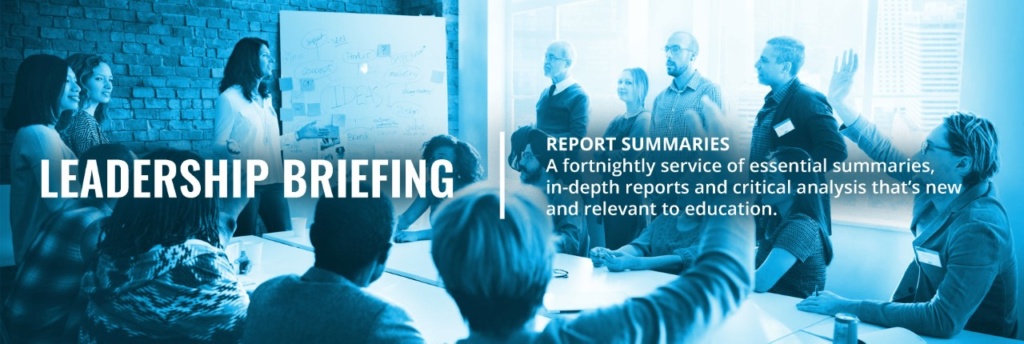
The headline finding is that far from hindering young maths pupils, using calculators in maths lessons can improve pupils’ calculation and problem-solving skills.
The report stresses that, for calculators to be helpful, teachers need to teach pupils how to use them in a thoughtful and considered way.
The review finds is that calculators can actually boost pupils’ fluency and understanding of maths - but that to do so, teachers should ensure they are used in a considered and thoughtful way, particularly with younger students.
It showed that pupils who had used calculators systematically throughout primary school had a greater understanding of and fluency with arithmetic.
However, the report added that primary school pupils should use calculators regularly but not every day. And it said secondary school students should be allowed more frequent access to calculators so they can make decisions about when and when not to use them.
Key Findings:
- Calculator use does not in general hinder students’ skills in arithmetic. When calculators are used as an integral part of testing and teaching, their use appears to have a positive effect on students’ calculation skills. Calculator use has a small positive impact on problem solving. The evidence suggests that primary students should not use calculators every day, but secondary students should have more frequent unrestricted access to calculators. As with any strategy, it matters how teachers and students use calculators. When integrated into the teaching of mental and other calculation approaches, calculators can be very effective for developing non-calculator computation skills; students become better at arithmetic in general and are likely to self-regulate their use of calculators, consequently making less (but better) use of them.
- Feedback has a large effect on learning, but the range of effects is wide and a proportion of studies show negative effects. The effect of formative assessment is more modest, but is more effective when teachers receive professional development or feedback is delivered through computer-assisted instruction.
- Collaborative Learning (CL) has a positive effect on attainment and attitude for all students, although the effects are larger at secondary.
- Discussion is a key element of mathematics teaching and learning. However, there is limited evidence concerning the effectiveness of different approaches to improving the quality of discussion in mathematics classrooms. The available evidence suggests that teachers need to structure and orchestrate discussion, scaffold learners’ contributions, and develop their own listening skills.
- Explicit instruction encompasses a wide array of teacher-led strategies, including direct instruction (DI). There is evidence that structured teacher-led approaches can raise mathematics attainment by a sizeable amount. DI may be particularly beneficial for students with learning difficulties in mathematics.
- Inquiry-based learning (IBL) and similar approaches involve posing mathematical problems for learners to solve without teaching a solution method beforehand. Guided discovery can be more enjoyable and memorable than merely being told, and IBL has the potential to enable learners to develop generic mathematical skills, which are important for life and the workplace. However, mathematical exploration can exert a heavy cognitive load, which may interfere with efficient learning.
- Peer and cross-age tutoring appear to be beneficial for tutors, tutees and teachers and involve little monetary cost, potentially freeing up the teacher to implement other interventions.
- Students’ misconceptions arise naturally over time as a result of their attempts to make sense of their growing mathematical experience. Generally, misconceptions are the result of overgeneralisation from within a restricted range of situations. Misconceptions should be viewed positively as evidence of students’ sense making. Exploration and discussion can reveal to students the limits of applicability associated with the misconception, leading to more powerful and extendable conceptions that will aid students’ subsequent mathematical development.
- Teaching thinking skills, metacognition and self-regulation can be effective in mathematics.
- Technology provides powerful tools for representing and teaching mathematical ideas. However, as with tasks and textbooks, how teachers use technology with learners is critical.
- Concrete manipulatives can be a powerful way of enabling learners to engage with mathematical ideas, provided that teachers ensure that learners understand the links between the manipulatives and the mathematical ideas they represent.
- The effect on student mathematical attainment of using one textbook scheme rather than another is very small, although the choice of a textbook will have an impact on what, when and how mathematics is taught.
- Learners generally find algebra difficult because of its abstract and symbolic nature and because of the underlying structural features, which are difficult to operate with. This is especially the case if learners experience the subject as a collection of arbitrary rules and procedures, which they then misremember or misapply. Learners benefit when attention is given both to procedural and to conceptual teaching approaches, through both explicit teaching and opportunities for problem-based learning.
- Number and numeric relations are central to mathematics. Teaching should enable learners to develop a range of mental and other calculation methods. Quick and efficient retrieval of number facts is important to future success in mathematics.
- Setting or streaming students into different classes for mathematics based on their prior attainment appears to have an overall neutral or slightly negative effect on their future attainment, although higher attainers may benefit slightly.
- The effect of homework appears to be low at the primary level and stronger at the secondary level. It seems to matter more that homework encourages students to actively engage in learning rather than simply learning by rote or finishing off classwork.
- The well-established association between parental involvement and a child’s academic success does not appear to apply to mathematics, and there is limited evidence on how parental involvement in mathematics might be made more effective.
- The evidence shows that the quality of teaching makes a difference to student outcomes.
WEB LINK
Improving Mathematics in Key Stages Two and Three: Evidence Review